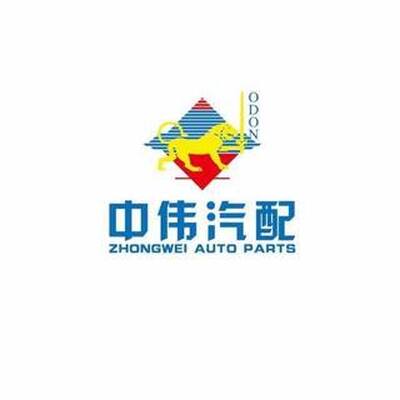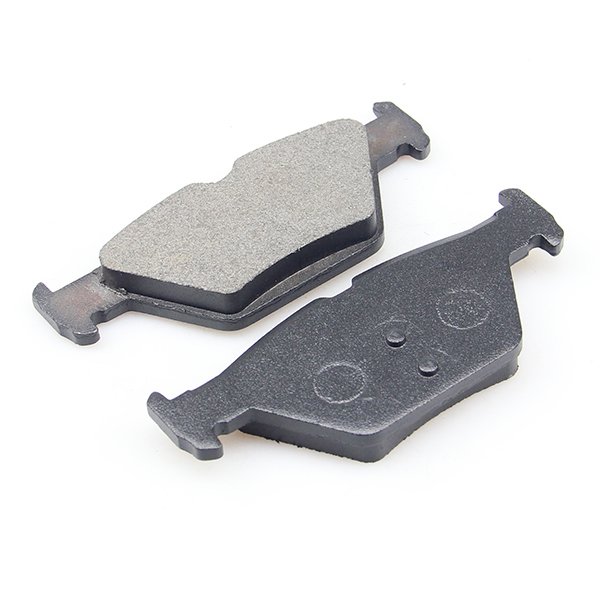What Are Low Metallic Brake Pads?
Low metallic brake pads are composed of a blend of organic materials and small amounts of metal fibers, often including copper. This specific formulation enhances performance characteristics, providing superior stopping power and durability. Designed for effective operation under various driving conditions, these pads have become a popular choice for a wide range of vehicles.
Key Benefits of Low Metallic Brake Pads
1. Outstanding Braking Performance
One of the most significant advantages of low metallic brake pads is their excellent braking performance. The metallic content improves the coefficient of friction, leading to quicker stopping distances and more responsive braking. This quality is especially important for drivers who prioritize safety and performance in their vehicles.
2. Effective Heat Management
Low metallic brake pads excel in heat dissipation. During heavy braking, these pads can efficiently manage and dissipate heat, significantly reducing the risk of brake fade. This characteristic is crucial for drivers engaged in high-performance driving or those frequently towing heavy loads.
3. Durability and Longevity
When it comes to longevity, low metallic brake pads hold their own. They tend to wear more slowly compared to organic alternatives, meaning they require less frequent replacements. This durability not only translates into cost savings for your customers but also enhances their overall satisfaction with their braking system.
4. Versatile Application
These brake pads are suitable for a wide range of vehicles, from standard passenger cars to heavier trucks. This versatility allows distributors and wholesalers to cater to various customer needs, expanding their product offerings effectively.
Potential Drawbacks to Consider
While low metallic brake pads offer numerous advantages, it’s essential to acknowledge some drawbacks:
Dust Production: Low metallic pads can generate more brake dust compared to ceramic options, which may accumulate on wheels and require more frequent cleaning. Customers concerned about aesthetics might prefer alternative solutions.
Noise Levels: These pads can produce noise, especially under certain driving conditions. Educating customers about proper installation and maintenance can help mitigate noise issues.
Comparing Low Metallic and Semi-Metallic Brake Pads
It’s important to understand the differences between low metallic and semi-metallic brake pads when advising customers. Semi-metallic pads contain a higher percentage of metal fibers, which can enhance performance but may also lead to increased noise and dust production. In contrast, low metallic pads strike a balance between performance and comfort, making them a preferred choice for many everyday drivers.
Tips for Choosing the Right Brake Pads
As a distributor or wholesaler, guiding your customers in selecting the appropriate brake pads is key. Here are a few tips to consider:
Assess Driving Conditions: Encourage customers to evaluate their driving habits. Those who frequently navigate demanding conditions may find low metallic pads more beneficial.
Vehicle Type: Different vehicles have distinct requirements. Ensure your inventory includes a variety of low metallic options compatible with various makes and models.
Educate on Maintenance: Provide insights on proper installation and maintenance practices to help customers maximize the performance and lifespan of their brake pads.
Conclusion
Low metallic brake pads offer a compelling combination of performance, durability, and versatility. By understanding their benefits and limitations, you can better serve your customers and meet their specific needs. Whether your clients prioritize safety, performance, or cost-effectiveness, low metallic pads are a worthwhile consideration in your product lineup. Choose a reliable brake pad manufacturers carefully.













تعليقات